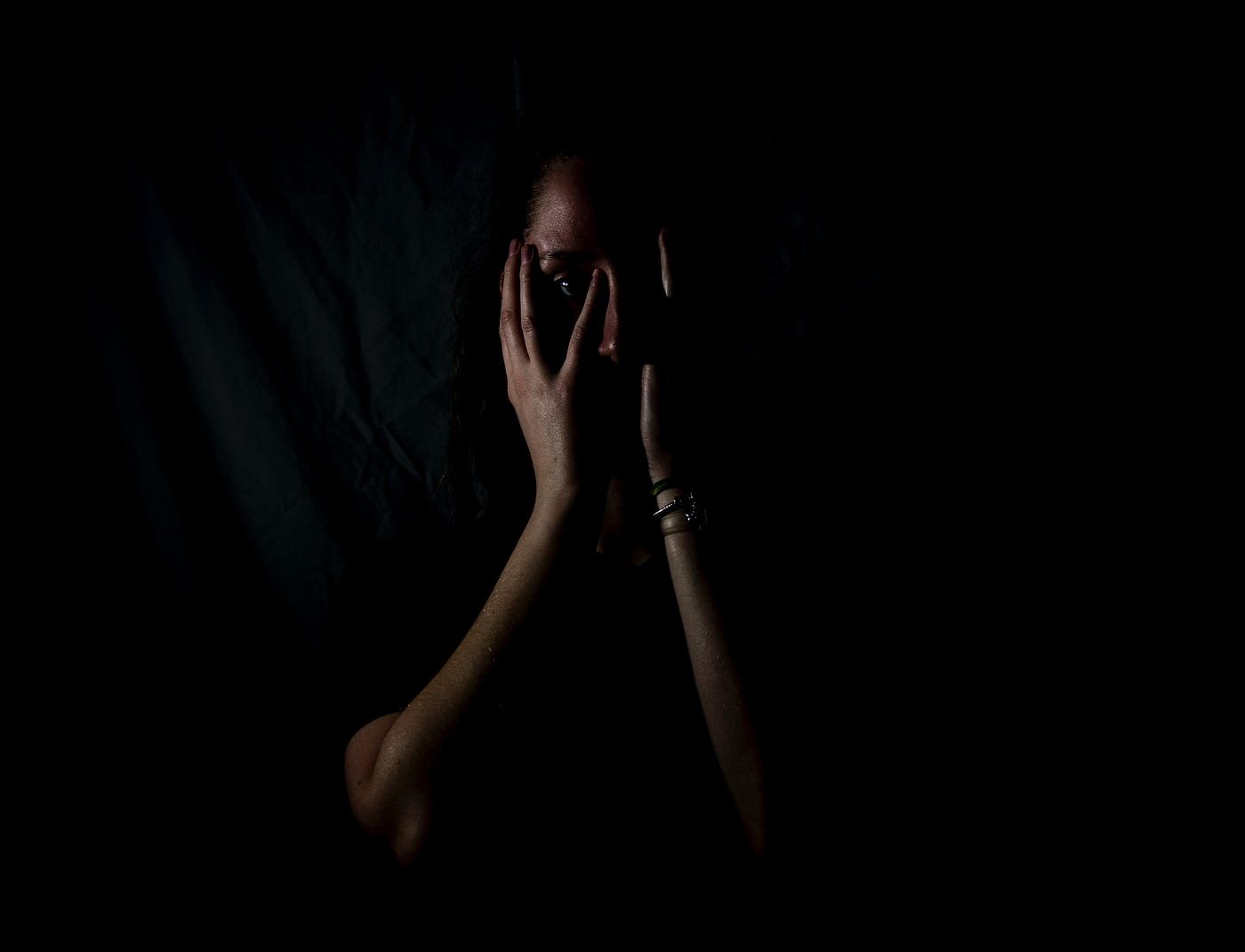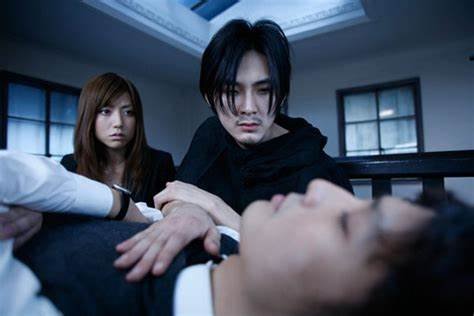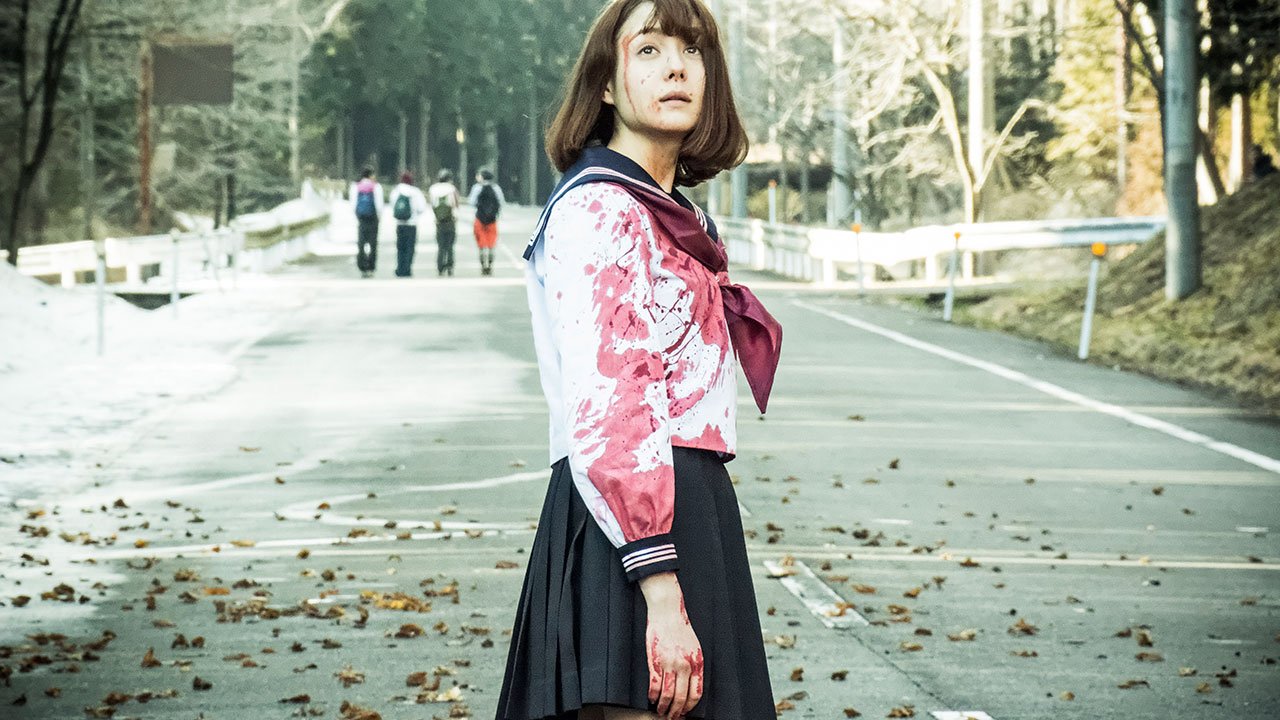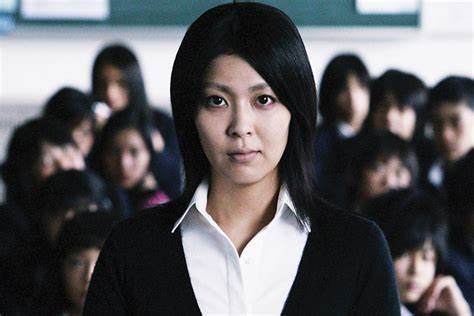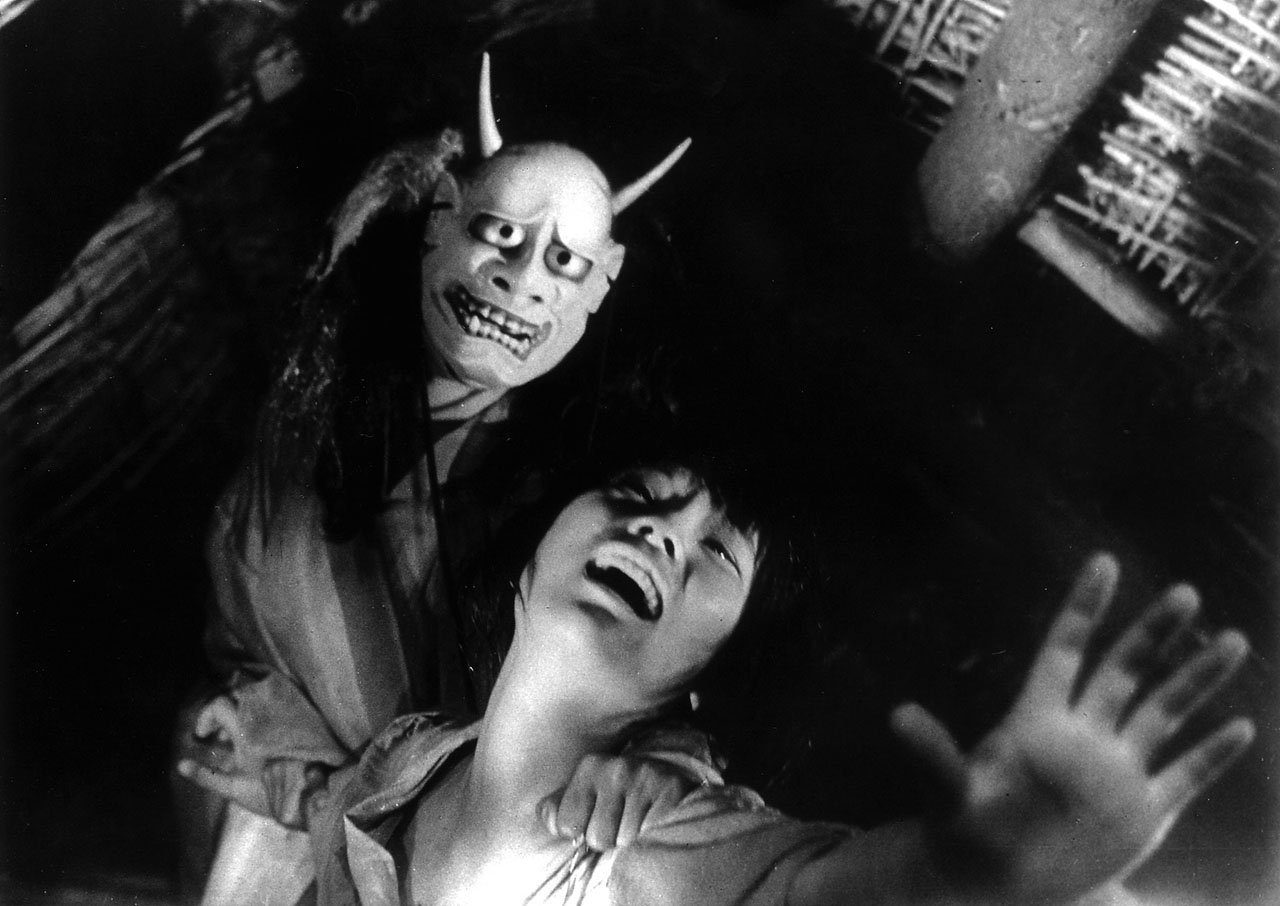Japanese horror films are more than just chilling stories; they often serve as a reflection of societal fears and anxieties. By delving into supernatural elements and psychological terror, these films provide a unique lens through which to examine the underlying social issues of their time. This article explores how Japanese horror films reflect social anxiety and offer insight into cultural concerns.
Economic Uncertainty and Isolation
Japanese horror films frequently address themes of economic instability and social isolation, reflecting broader societal anxieties. For instance, films like Kairo (Pulse) and Tokyo Gore Police explore the impact of economic downturns and social fragmentation on individuals. In Kairo, the pervasive sense of isolation is depicted through the haunting presence of ghosts that emerge from digital technology. This portrayal underscores fears related to the growing disconnect between individuals in a rapidly changing, economically uncertain world.
Technological Intrusion and Alienation
The fear of technology’s impact on personal lives is a recurring theme in Japanese horror. Kairo (Pulse) and Ringu delve into the anxieties surrounding digital and media technologies. In Kairo, the intrusion of ghosts through the internet represents fears about technology eroding human connections and amplifying feelings of alienation. Similarly, Ringu explores the disturbing idea of a cursed videotape spreading fear and death, highlighting concerns about technology’s influence and the loss of control over personal lives.
Post-War Trauma and Historical Memory
Japanese horror films also reflect the trauma of historical events, particularly post-war anxieties and societal changes. Films like The Grudge and Audition deal with themes of unresolved trauma and the haunting presence of past sins. The Grudge, for example, portrays a curse rooted in a violent and tragic history, symbolizing the lingering impact of past conflicts and societal violence. This reflection of historical memory highlights how personal and collective traumas shape cultural fears.
Urbanization and the Erosion of Traditional Values
The rapid urbanization of Japan has led to a perceived erosion of traditional values and communal bonds. Japanese horror films often explore this transition, depicting how modernity disrupts traditional norms and creates new sources of anxiety. In films such as Dark Water, the supernatural elements are intertwined with modern urban settings, illustrating fears related to the loss of connection with the past and the unsettling consequences of living in a densely populated, impersonal city.
Family Dynamics and Domestic Fear
Family dynamics and domestic life are central themes in Japanese horror, often reflecting societal anxieties about family structures and relationships. Ju-on: The Grudge and The Ring address fears related to family and domestic spaces, with curses and supernatural events intruding into the home. These films explore themes of betrayal, familial conflict, and the breakdown of traditional family roles, revealing deeper anxieties about the stability and safety of the domestic sphere.
Mental Health and Psychological Distress
Japanese horror films frequently delve into psychological horror, portraying mental health issues and personal distress. Audition and Noroi explore the psychological impact of trauma and the unsettling effects of unresolved emotional turmoil. In Audition, the protagonist’s psychological unraveling and the shocking revelation of the antagonist’s past highlight deep-seated fears and mental disturbances. This focus on psychological depth reflects broader societal concerns about mental health and personal vulnerability.
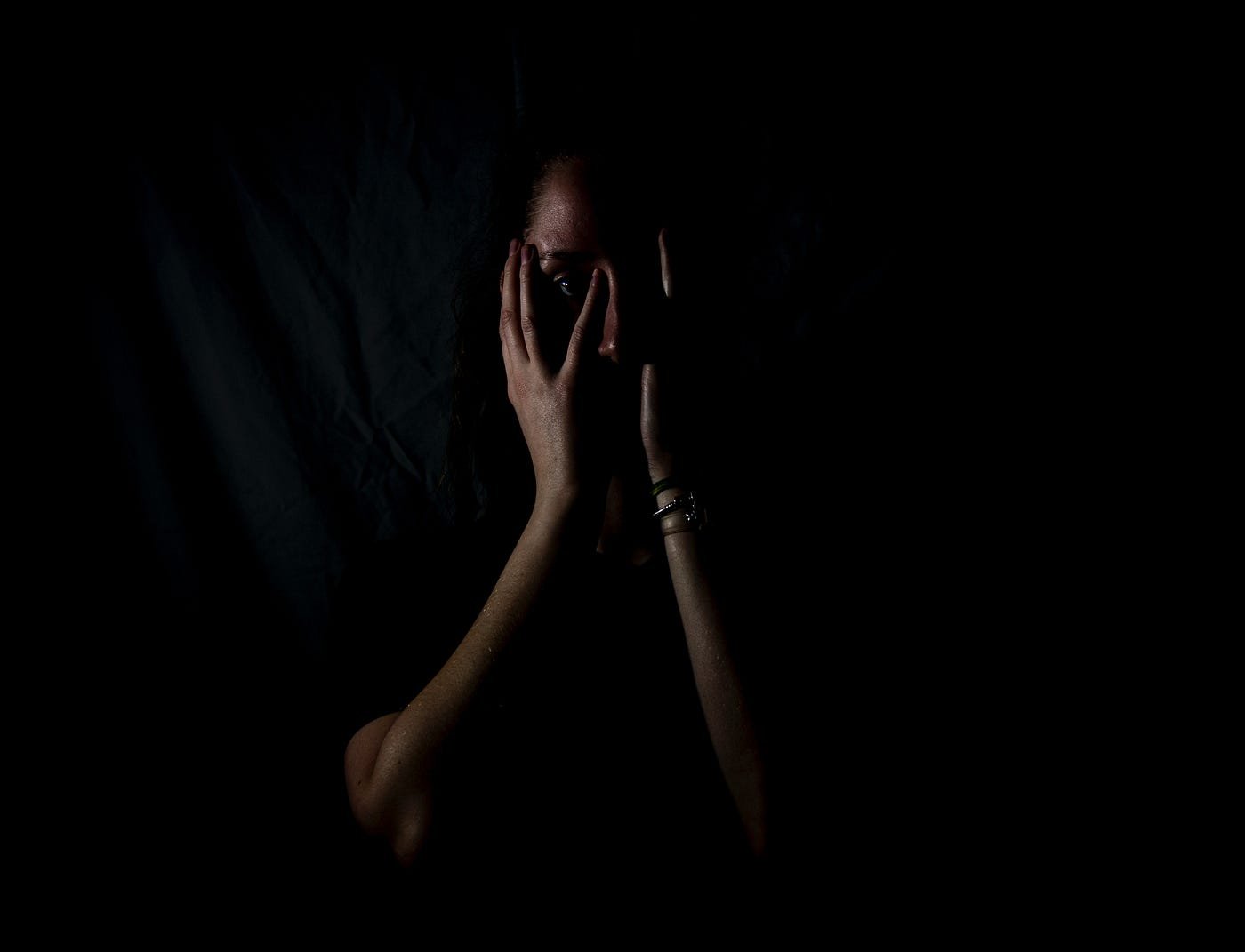
Social Conformity and Rebellion
The tension between social conformity and individual rebellion is another theme reflected in Japanese horror films. Many films depict characters who struggle against societal expectations and norms, leading to horrifying consequences. The Ring Virus and The Strange Saga of the Haunted School explore how societal pressures and the struggle for conformity can lead to extreme and supernatural outcomes. This tension reveals anxieties about societal expectations and the consequences of deviating from established norms.
Conclusion
Japanese horror films offer more than just scares; they serve as a mirror to societal anxieties and cultural concerns. Through their exploration of economic uncertainty, technological intrusion, historical trauma, urbanization, family dynamics, mental health, and social conformity, these films provide a nuanced reflection of the fears and challenges faced by Japanese society. By delving into these themes, Japanese horror films offer both a chilling and insightful perspective on the complex landscape of social anxiety.





